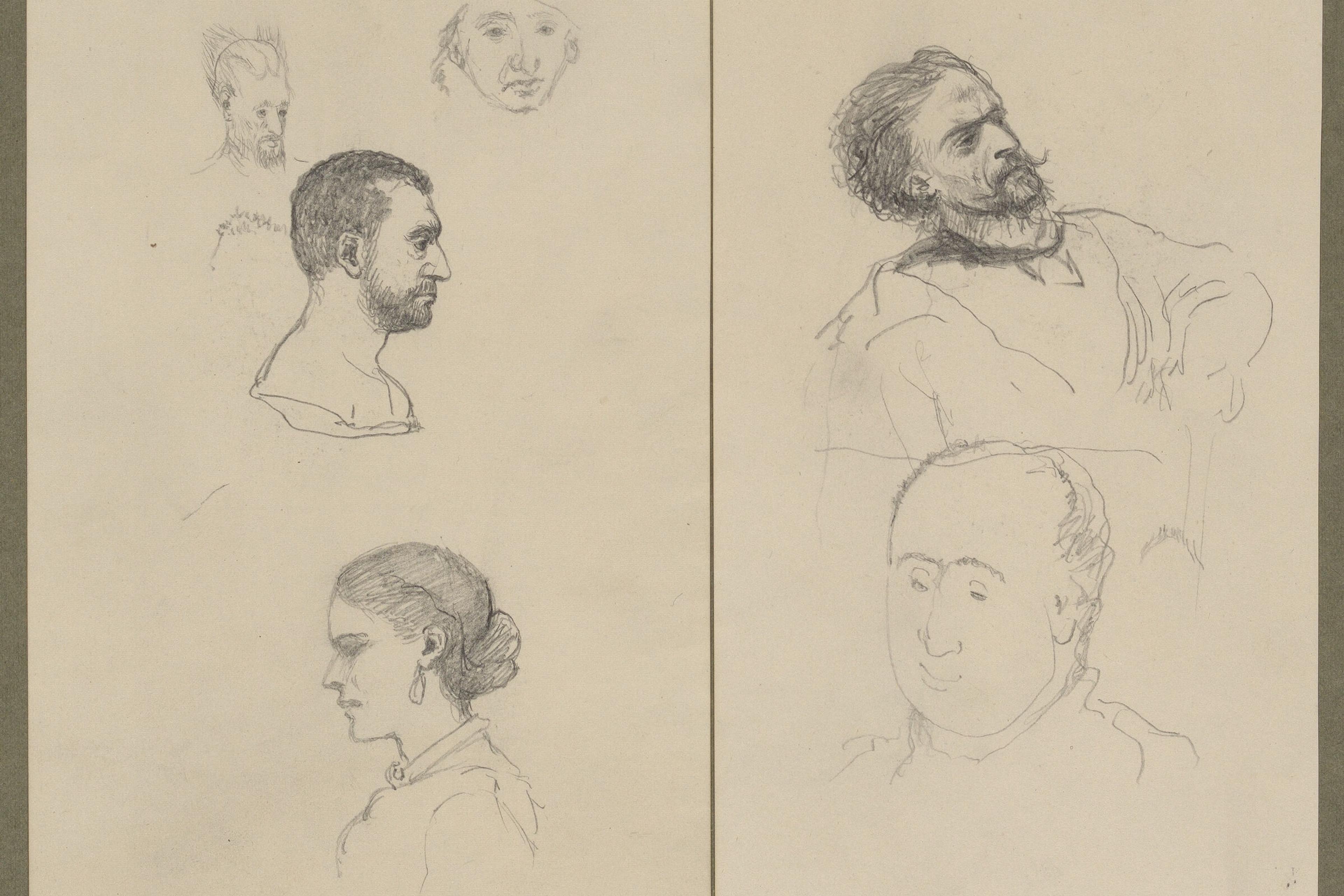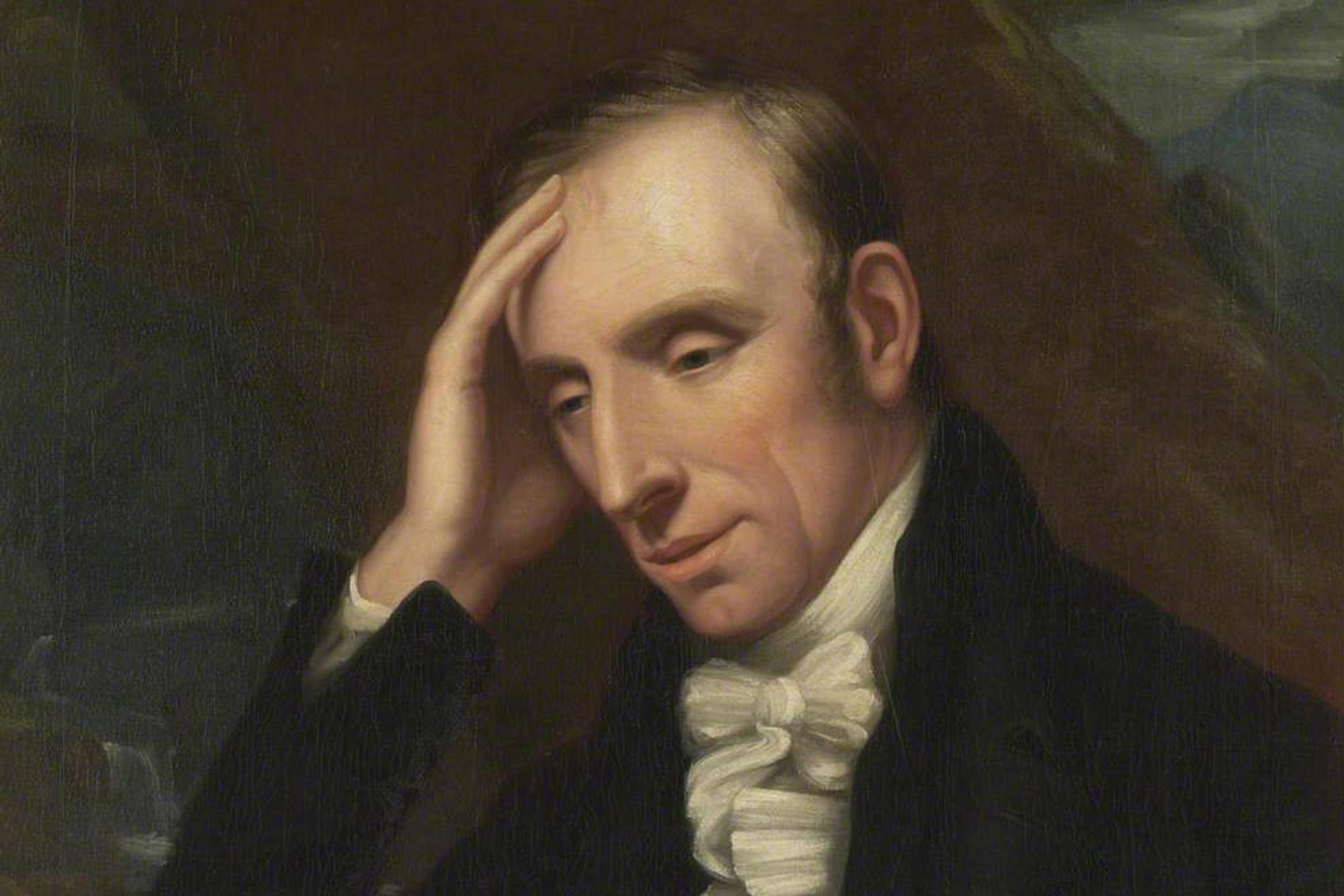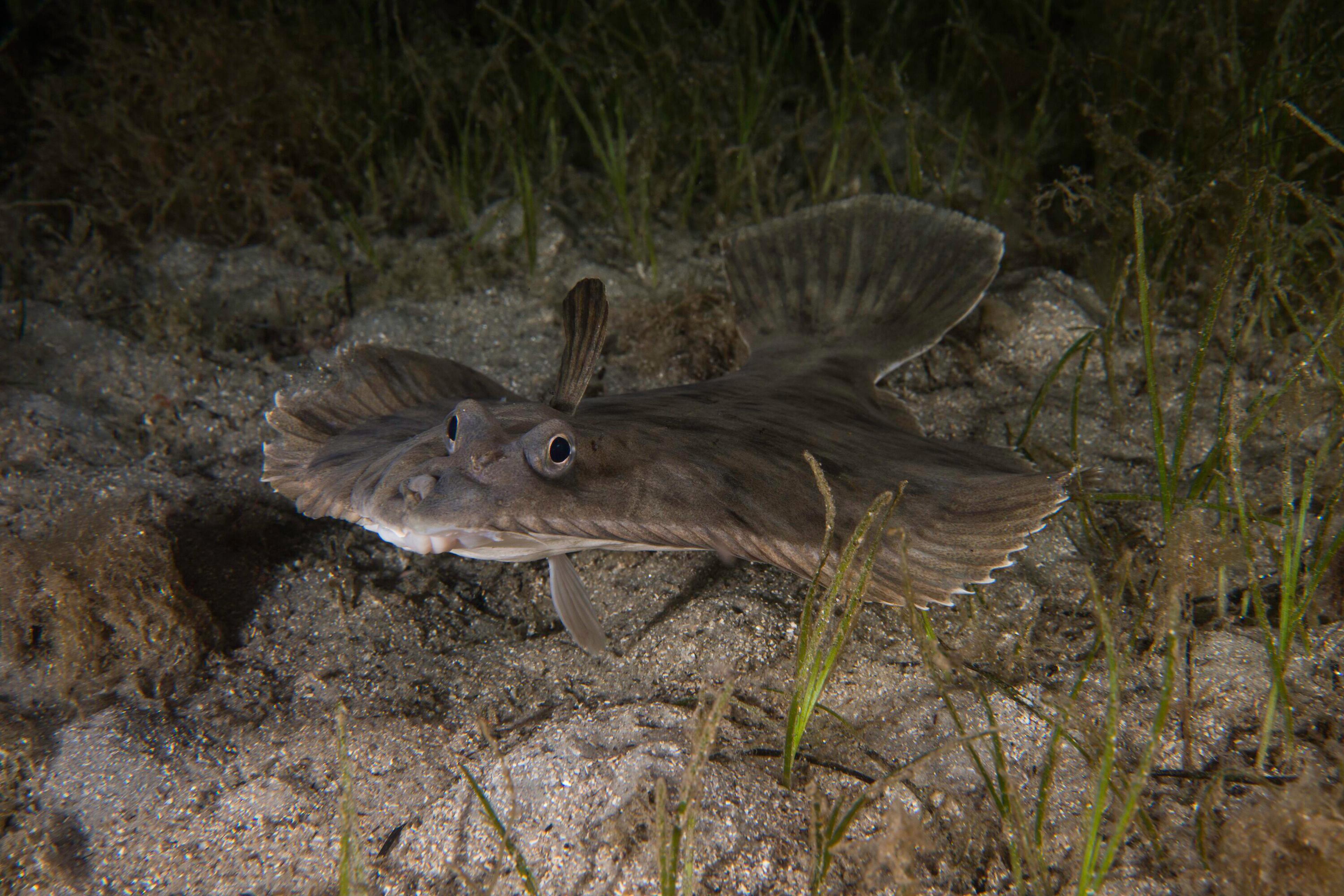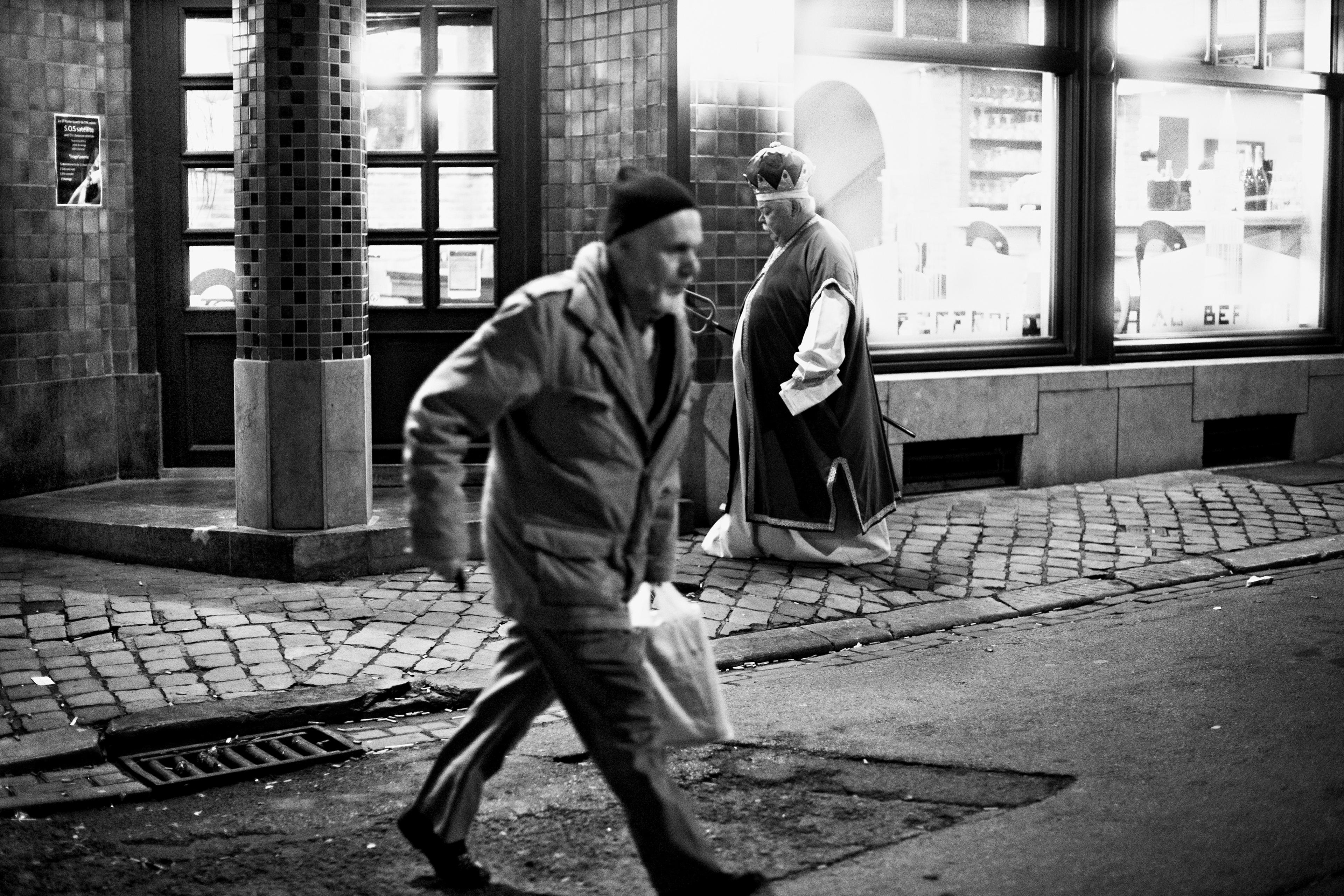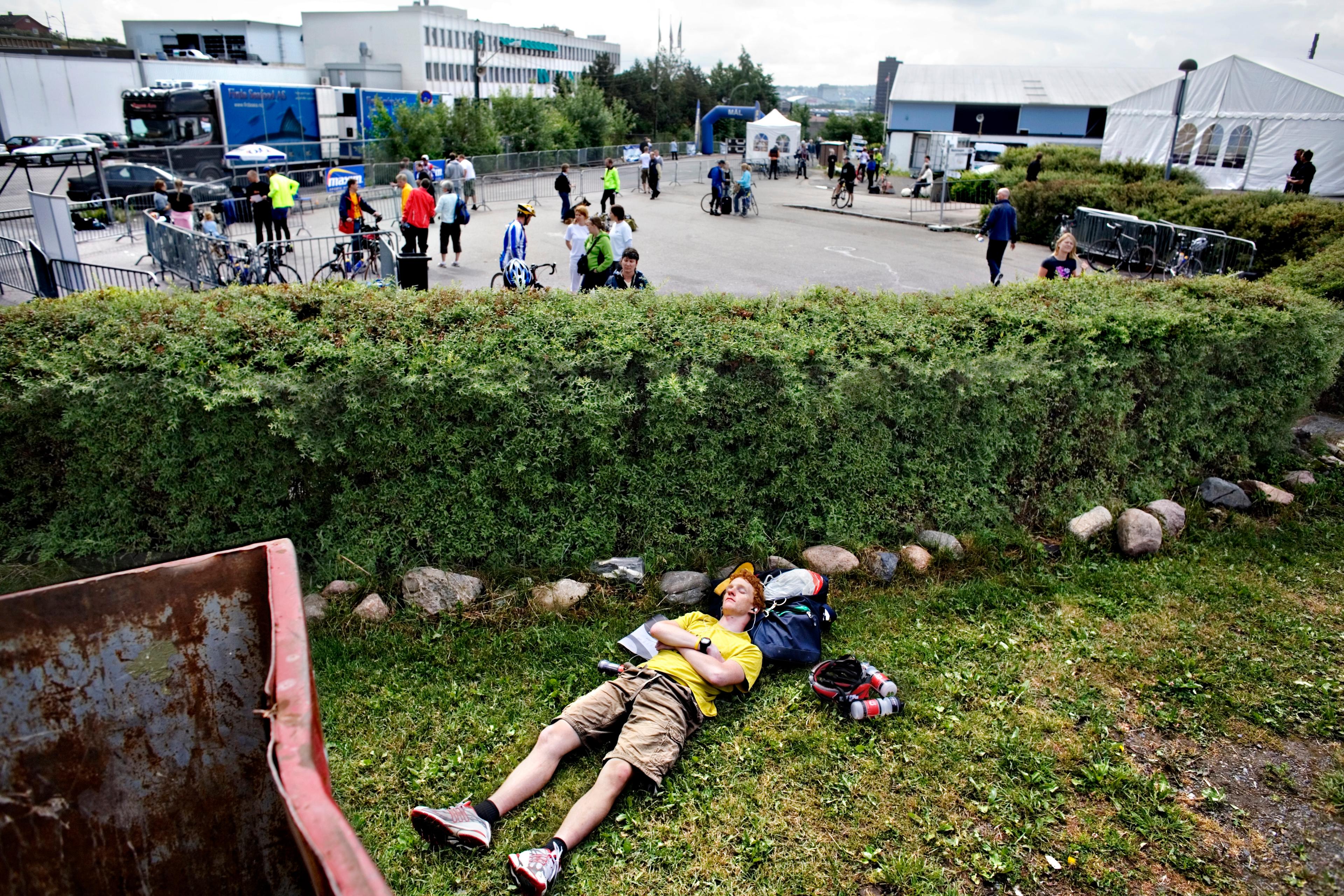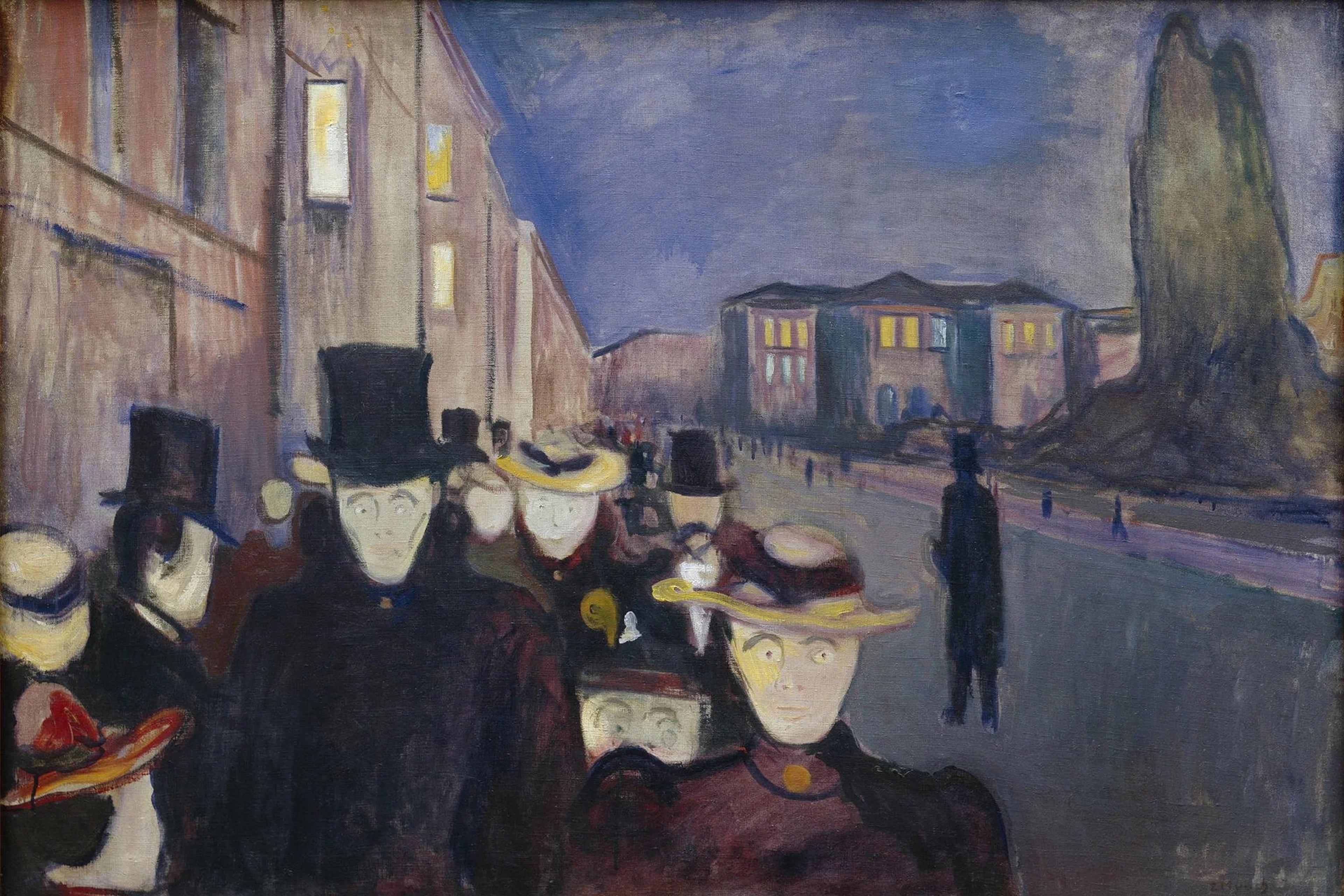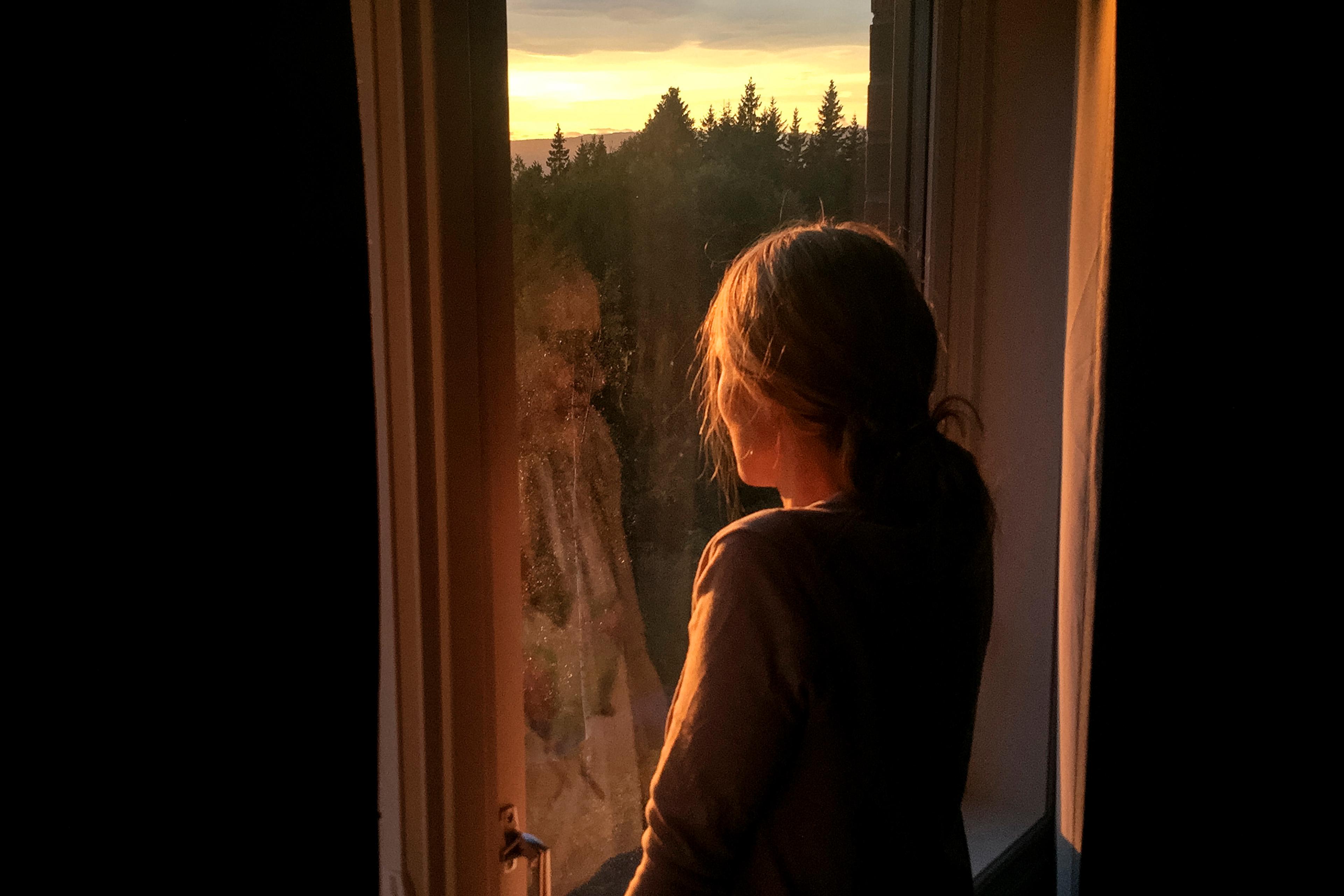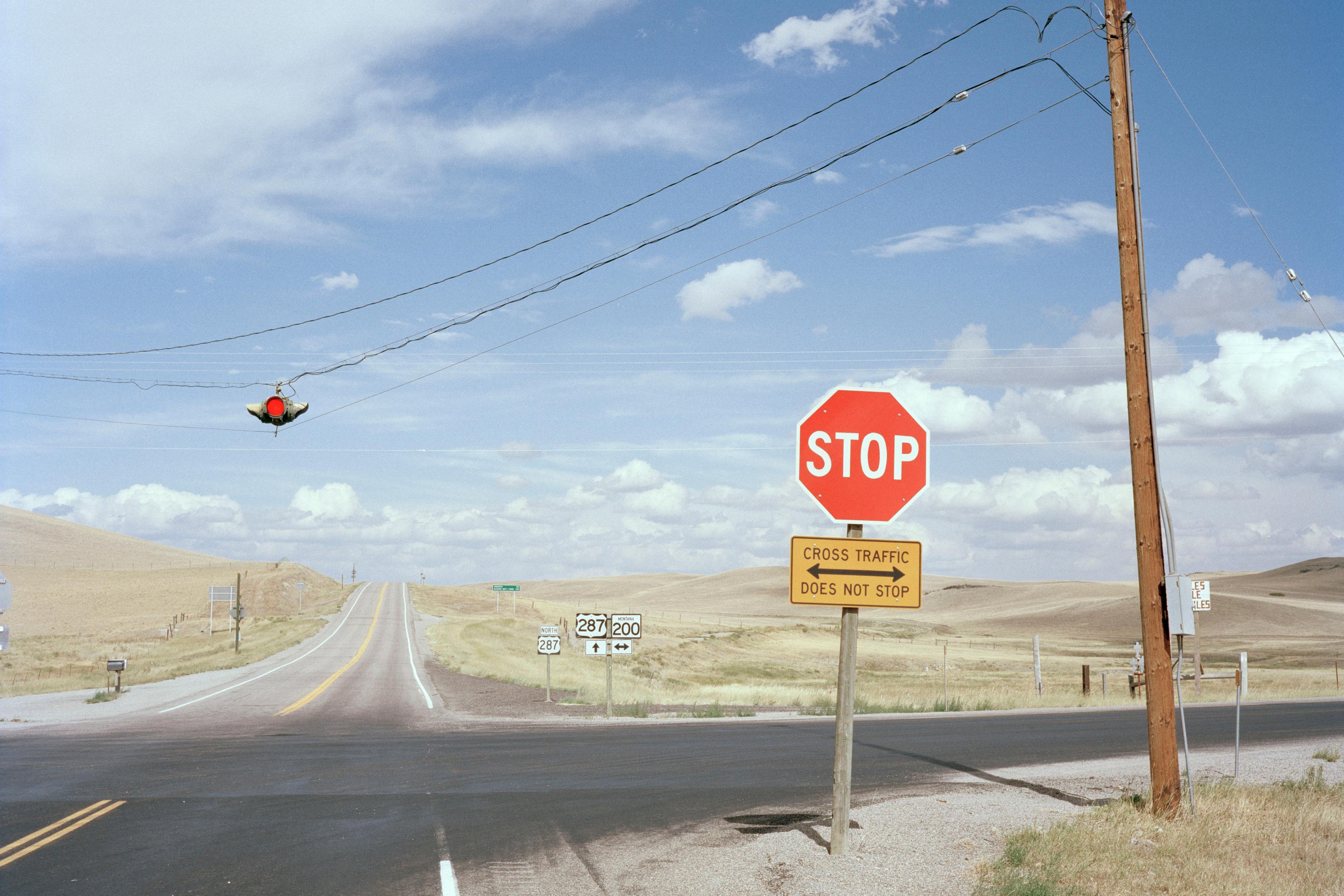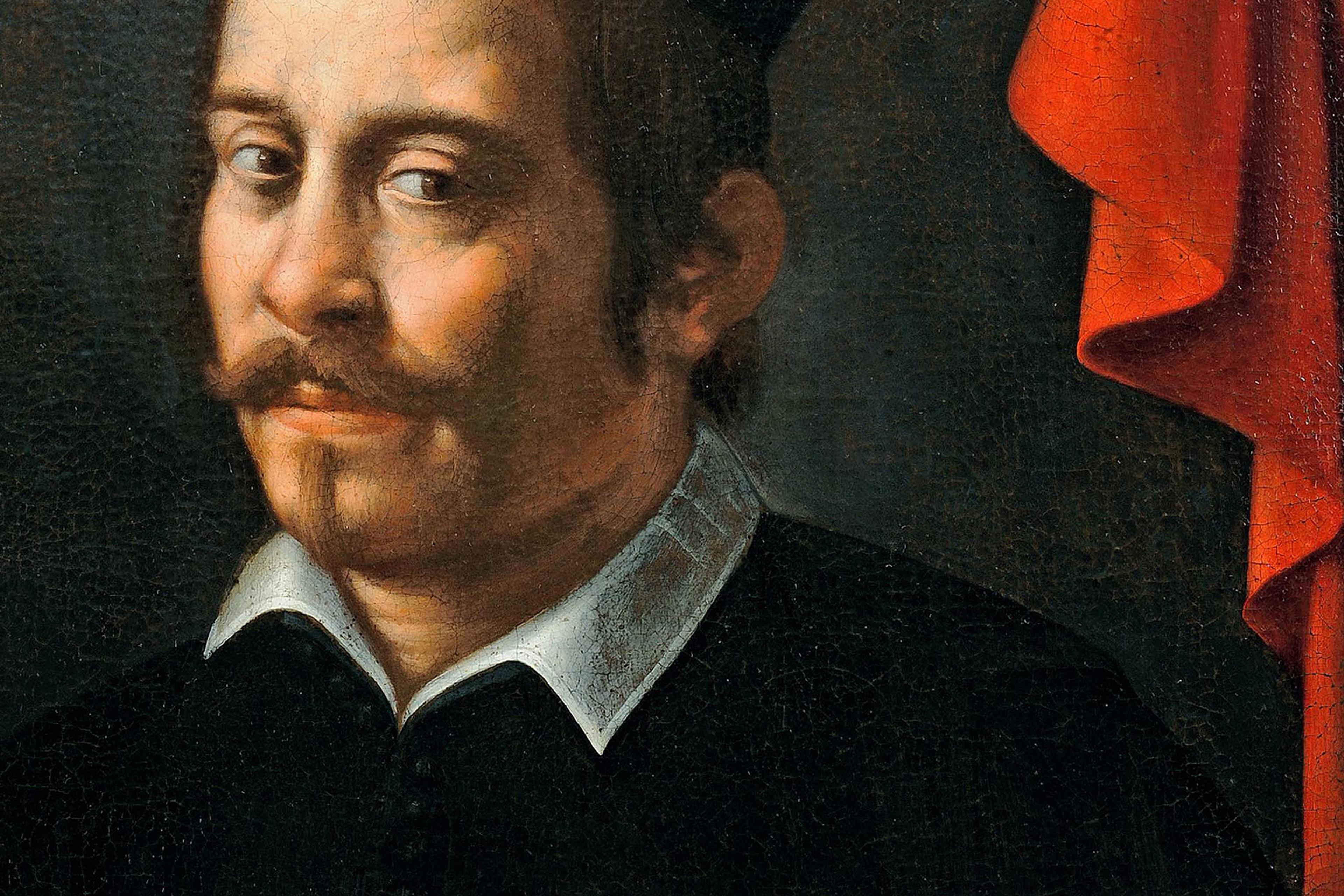Two puny words shoulder a substantial, if diffuse, philosophical outlook: as if. Epicurus was perhaps the first to put this unexceptional construction to good use. He felt that life was about attaining whatever passing happiness we might find, while avoiding as much pain and suffering as we can. In neither endeavour will we be very successful, but one strategy he suggested was to adopt values that increase our joy and diminish our sorrow, and live as if those values were actually true, though they may not be.
So began the history of as if, which flows through the Western tradition, intermittently emerging in the thought of thinkers from disparate schools. The idea, at bottom, that we should embrace beliefs or stories that may not be, strictly speaking, true but are to some extent useful or good. In the 18th century, Immanuel Kant held that we must act as if we have free will, even though science might one day demonstrate that we do not. The American philosopher William James’s pragmatism leans heavily upon living as if certain things were true, including meaningful human lives. The most prominent expositor was Hans Vaihinger, who attempted in his book The Philosophy of ‘As If’ (1911) to show that life is lived atop a teetering tower of ever-changing fictions.
All this resonates with my understanding of the way we tumble through existence. The phrase captures the latent but necessary hopes that get us over the numberless obstacles to living well and living happily – even if those hopes are, when we get down to it, preposterous. So, if it’s a question between truth and goodness, then I’ll take the latter and chuck the former. I’m satisfied to live as if it’s all worth something – whether or not, in the last analysis, it really is.
